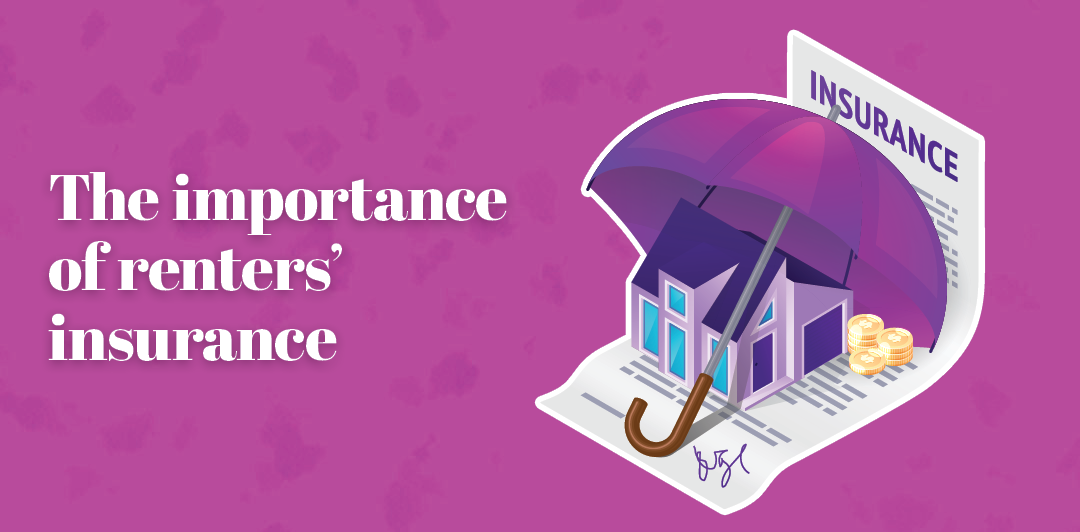


A GRAT in action
The Grantor-Retained Annuity Trust (GRAT) has emerged as a popular strategy in the estate planner’s toolkit. The idea is that a grantor places assets in a trust while retaining the right to receive payments from the trust. When the term of the trust expires, any assets remaining in the trust pass to a beneficiary, typically a family member.
Here’s an example of a GRAT that, unfortunately, failed. On February 1, 1998, Patricia Yoder created a Grantor-Retained Annuity Trust, keeping for herself a fixed annuity for 15 years. The annuity was set at 12.5 percent of the trust’s initial value. The trust was funded with investment real estate, and the annuity came to $302,259 per year. Although the value of the trust’s income varied from year to year, the annuity payments to Patricia did not change, and they were timely paid.
Patricia died November 2, 2012, three months shy of the expiration of the GRAT’s term. Her estate tax return reported a total taxable value of $36.8 million, including the value of the GRAT. Some $11.1 million in estate taxes were paid. Someone then had second thoughts and believed that including the GRAT in the taxable estate was a mistake. A refund of $3.8 million was sought, and when the IRS did not respond, the matter went to District Court.
The estate argued that a fixed annuity is not a “right to income” within the meaning of the tax code section that covers this area. An annuity is the right to receive payments from transferred property, regardless of the income earned by the property. The Court acknowledged that there is no case directly on point, but using a substance-over-form reasoning held that the estate tax does apply in this situation. The U.S. Supreme Court has held that the grantor's reservation of any interest, however remote, was sufficient to bring the conveyance within the code's "possession or enjoyment" language of the tax code.
With that much money at stake, an appeal was filed with the Ninth Circuit Court of Appeals. That Court has now affirmed the District Court decision.
Had Patricia chosen a 14-year trust term, or if she had lived just three more months, the $3.8 million tax would have been avoided.
(June 2020)
© 2020 M.A. Co. All rights reserved.
Recent Articles
Join our e-newsletter
Sign up for our e-newsletter to get new content each month.






















